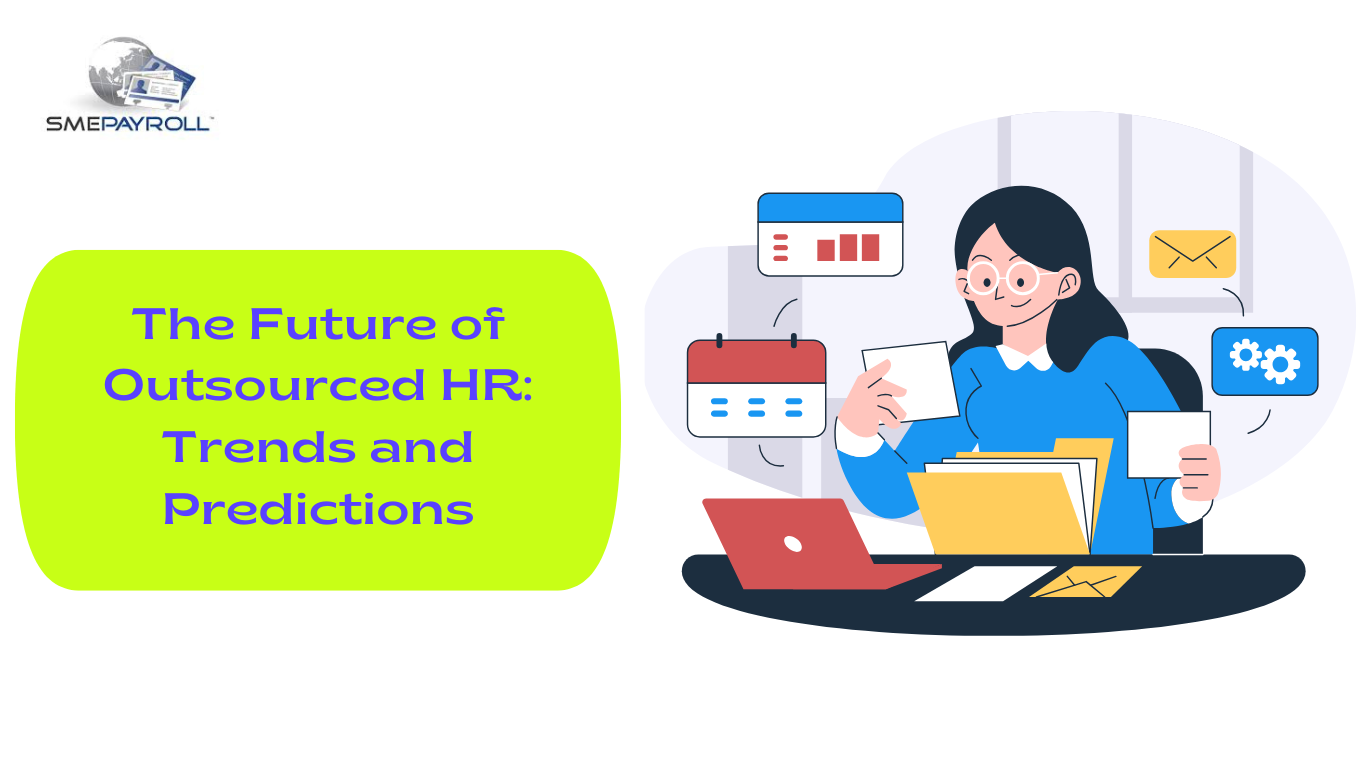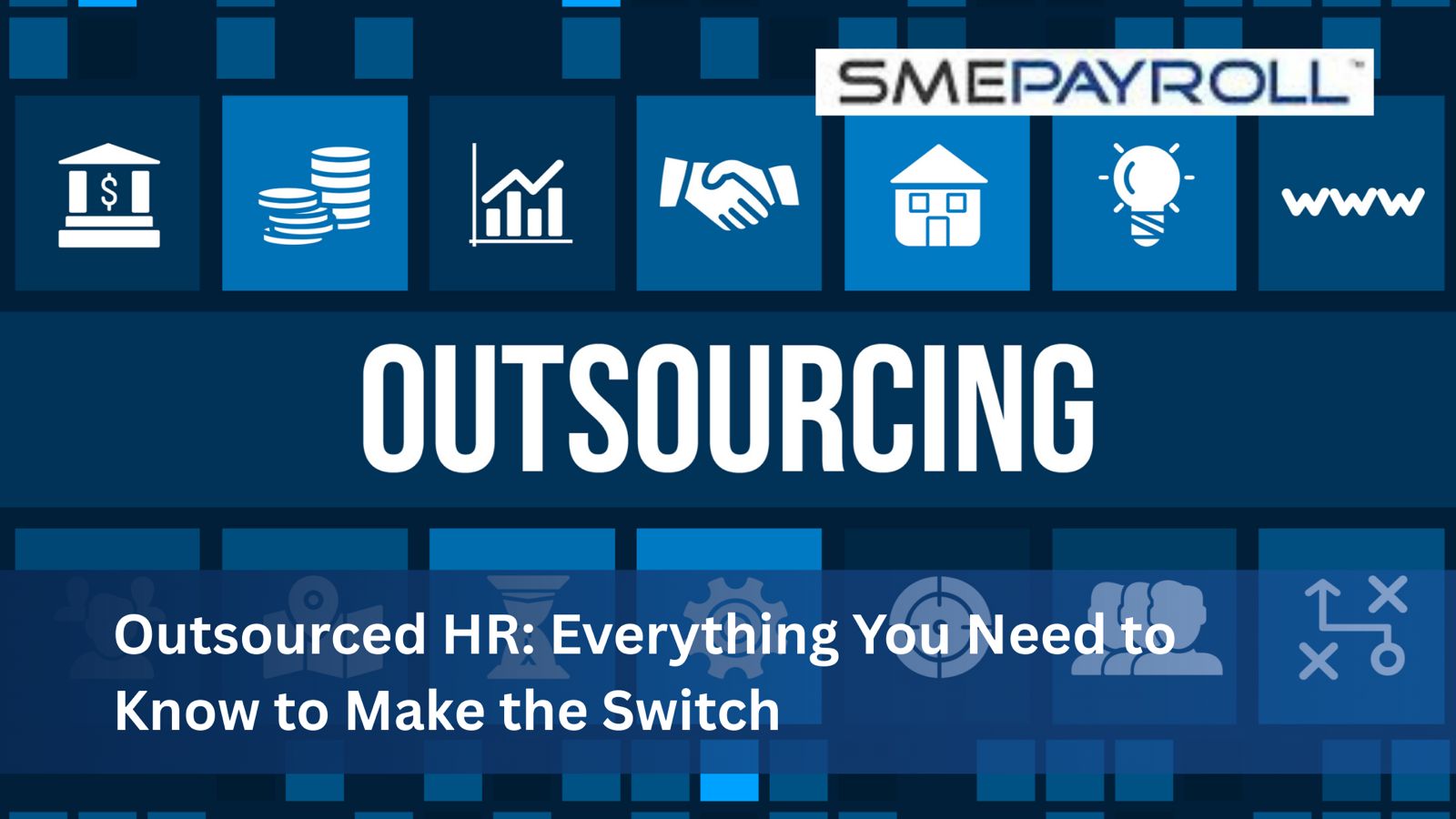HR Automation Trends are no longer a futuristic vision but an essential tool for Singaporean HR professionals in 2024. In Singapore’s competitive business market, HR departments are constantly juggling talent management, prioritizing employee well-being, navigating through various complexities of a hybrid work model, so as to ease these processes trends following HR automation have come up to shape workplaces across Singapore.
Table of Contents
HR Automation Trends At Your Ease
Let’s explore how certain trends shape and nurture the future of HR in Singapore:
1. AI-powered Recruitment
Finding the right talent in Singapore is a constant battle in Singapore. The traditional recruitment methods are slow and prone to bias. This is where AI comes in and supercharges your talent acquisition.
- Smart Applicant Tracking System: These systems leverage AI, they scan resumes and shortlist employees based on their ski8lls and experiences and can even conduct initial interviews through chatbots. This frees up the HR department or in-depth interviews and candidate selection.
- Predictive Analytics: This feature empowers HR to target ideal candidates and streamline their hiring process. AI can analyze past recruitment data to identify hiring patterns and predict a candidate’s performance.
2. Increased Employee engagement Through Technology
A happy and engaged workforce is a productive one. HR automation can play a huge role in fostering a positive work environment.
- Automated Onboarding Experience: Automated Onboarding software streamlines the hiring process. From sending welcome emails to new hires to scheduling their training programs, automation ensures a smooth transition for new employees.
- Surveys and Feedback Tools: Regular employee feedback is essential for understanding the needs and concerns. Automated survey and feedback tools allow HR professionals to gather real-time insights. This enables them to address concerns promptly and improve the work culture.
3. Transforming Workforce Through Automation
Managing a hybrid workforce comes with several challenges. Automation helps in optimizing workforce management and eases processes.
- Time and Attendance Tracking System: To eliminate manual attendance tracking and streamline payroll processing, cloud-based time and attendance systems makes things much easier. With its facial recognition and geo-fencing capabilities, you can accurately track work hours regardless of the location.
- Performance Management Automation: To foster a culture of continuous improvement and to facilitate transparent performance evaluations, automated performance management systems allow a clear setting of goals, providing regular feedback and tracking employee performance.
4. Optimizing HR processes with Data-Driven Insights
Data management can be a challenging process, here how automation can help companies leverage their data:
- Automated Reporting and Analytics: HR automation tools can collect and analyze data from various sources like performance reviews, payroll and employee surveys. This data can be used to derive insightful reports on workforce-trends and can carefully identify skill gaps and make data-driven decisions for future HR strategies.
- Virtual Assistance: AI- powered chatbots can answer employee queries about leave policies and company procedures. This not only reduces the burden on the HR department but also provides employees with 24/7 access to information.
5. Rise of IoT in HR
While still in its early stages, Internet of Things (IoT) is making its way into HR:
- Wearable Technology: Wearables can track employees well-being by monitoring their sleep-patterns, stress levels and their activities. This data can be used to create personalized well-being programs for the employees.
- Smart Workplaces: IoT enabled sensors can optimize workplace utilization by monitoring factors like occupancy levels, allocating the desks efficiently, etc. This promotes a flexible work environment and resource allocation.
Benefits of HR Automation Trends in Singapore
By embracing these HR Automation Trends, Singaporean companies can unlock a multitude of benefits:
- Increased Efficiency: Automation frees up HR professionals from repetitive tasks, allowing them to focus on strategic initiatives.
- Reduced Costs: Automation streamlines processes and minimizes human error, leading to cost savings in areas like recruitment and payroll.
- Improved Employee Experience: Automated tools empower employees with self-service options and provide readily available information, fostering a positive work experience.
- Data-driven Decision Making: HR automation offers valuable insights through data analysis, enabling data-driven HR strategies for a future-proof workforce.
Suggested Read: The Comprehensive Guide to Monthly Variable Component (MVC) for Employers in Singapore
Conclusion
The future of HR in Singapore is undoubtedly automated. Workato reports a significant rise (235%) in HR automation adoption within a year, placing HR among the top growing departments for automation. This indicates a global trend that likely extends to Singapore. By adopting these trends, HR departments can transform from administrative functions to strategic partners, driving organizational success and employee well-being. As you navigate this ever-evolving landscape, remember – HR Automation Trends are not a replacement for HR professionals; they’re a powerful tool to empower them and build a resilient and thriving workforce for Singapore.






















Leave feedback about this